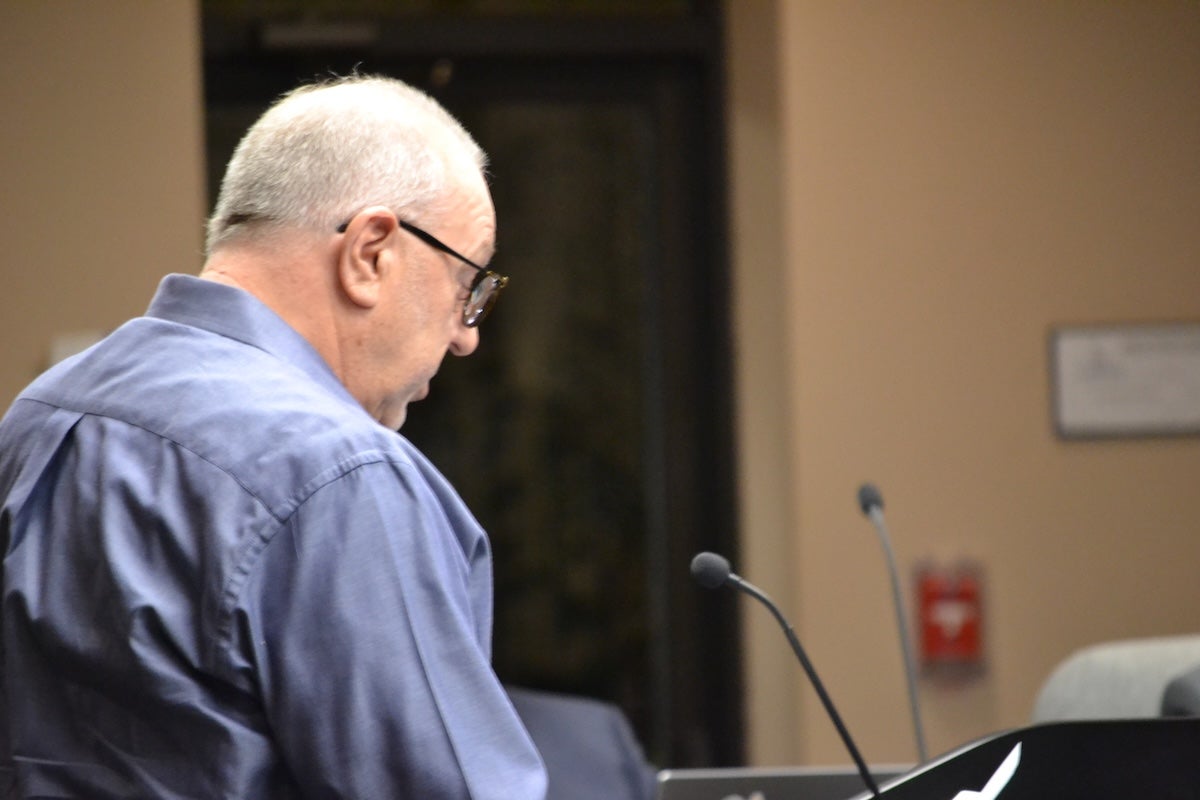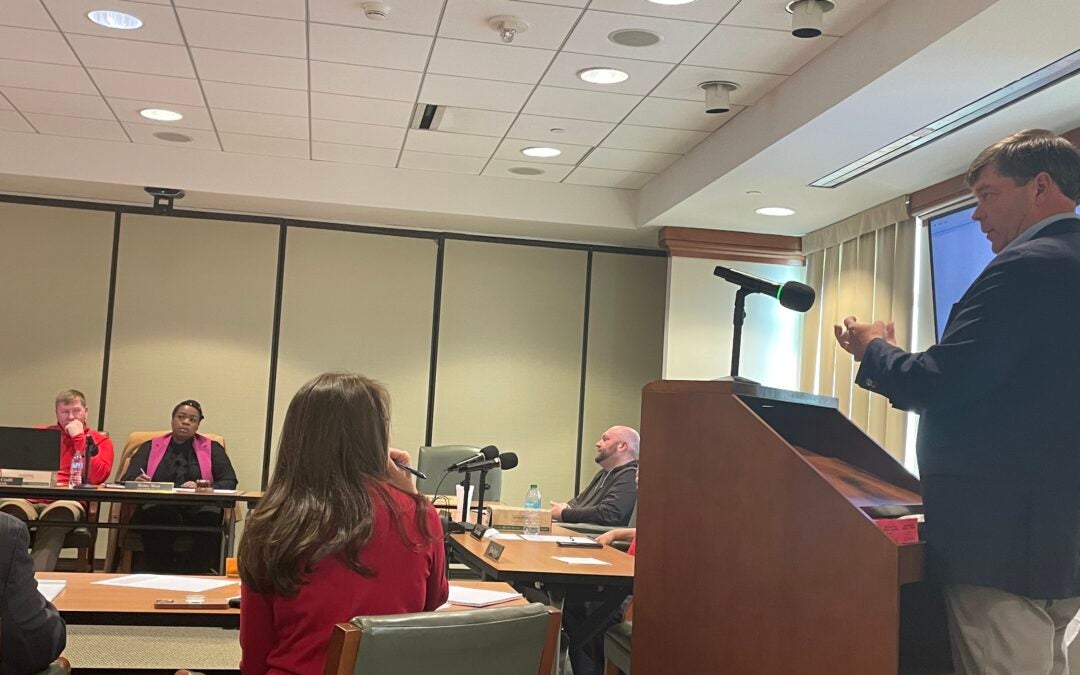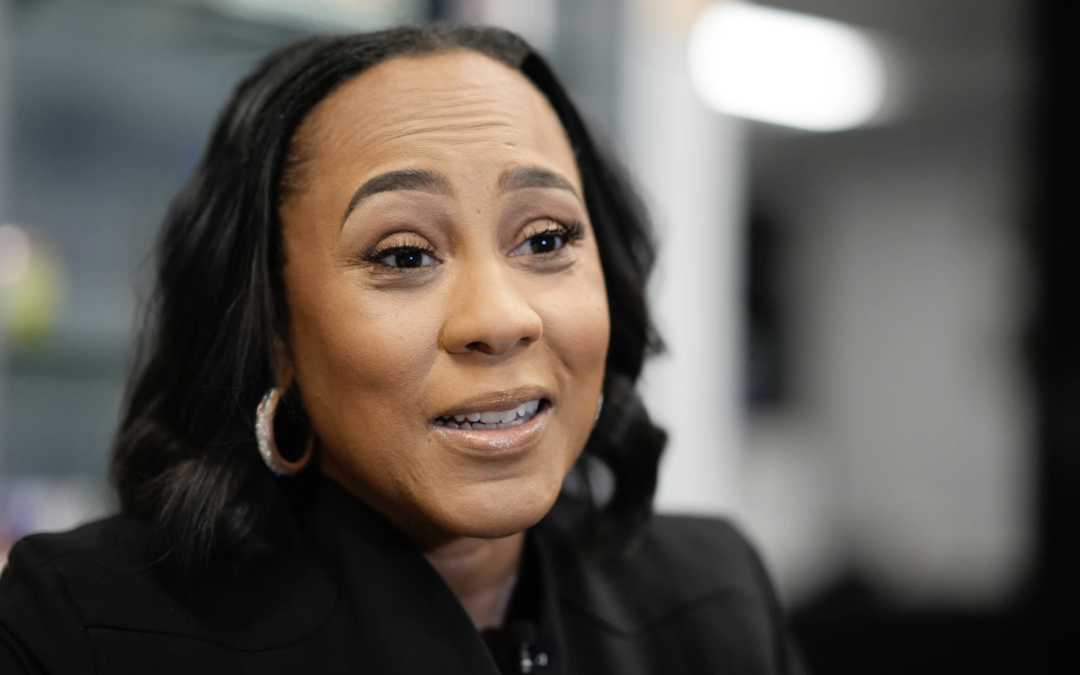The group Citizens for Open Governance (COG) issued a statement during the public comment portion of the Columbia County Board of Commissioners meeting on Tuesday, Nov. 4 in response to the statement from the commissioners on Oct. 21.
Alan Wyatt, chairman of COG, read the following statement:
“Earlier this year, the Columbia County Board of Commissioners foisted upon its citizens the largest project in Columbia County history – the White Oak Technology Park data center.
This enormous project is:
- A 2000-acre, $12 billion industrial complex with over 9 million square feet under roof.
- A plant with a power requirement that devours 2 times the power consumed by Columbia County and Augusta/Richmond Co combined – that’s 1.2 GW and fully 60% of Georgia Power’s share of Plant Vogtle output!
- It will also require 6.5 million gallons per day of water – as stated in the DRI report. This is at the low end; with the ever increasing power demands from emerging data center equipment entering the market in the future, cooling demand is expected to rise significantly.
Furthermore, this colossal industrial complex will be situated in the heart of rural Columbia County, in the county seat of Appling—the historic soul of the county.
Additionally, the County currently holds a $30 million loan and a $59 million Purchase and Sale Agreement for the land, with the final closing imminent. These massive real estate deals were inked 10 months ago.
All of this has occurred without any meaningful, contributory public input.
None of the above is in dispute.
Yet, two weeks ago, the Board of Commissioners had the temerity to claim that this project is “far from being a behemoth” – despite being the very definition of it! Your own Planning and Zoning Director called it “massive.”
The board also claimed that this project shows a “commitment to sustainability that aligns with Vision 2035 for protecting rural character” when, in fact, Vision 2035 calls for “preserving” rural character, not protecting it with shrubs and a scant buffer zone!
Then there is the question, “Is it a done deal?” No end-user or construction announcement has been made yet, but a multi-million-dollar real estate deal is in the works and Georgia Power is frantically buying up land surrounding the data center for infrastructure – all of which suggests that, while it may not “officially” be a done deal, to the ordinary citizen getting coffee at the Circle K on Highway 221, it is a done deal!
Then the Board of Commissioners stated that “Public input has been and will continue to be sought through updates.” This Board of Commissioners believes that public input is secured by giving updates.
Finally, it was claimed that we – a group of modest, concerned citizens – are “misrepresenting the facts,” “undermining constructive dialogue,” and conducting “misinformation campaigns.”
However, despite this, we are encouraged that the Board of Commissioners recognizes the passion in the community and continues to ask for direct engagement.
And so, here we are – asking again that the Columbia County Board of Commissioners engage with us. Not update us but engage with us.
But let’s be honest here; the power balance in this data center controversy is clearly and unequivocally in favor of the Board of Commissioners, for they have:
- The organizational strength of a body that has exercised power in this county for over 150 years.
- The authority to rezone land and, through the EDACC, own and lease land to attract development.
- The backing of the developer, the Trammell Crow Company, and their multimillion-dollar budget.
- All the information – they have all the cards and NDAs to keep the cards well-hidden. Those NDAs being the legal instruments – signed by all the Commissioners and others – which serve to prevent key details from being disclosed to the public.
The only thing we have is our capacity to strive to get our hands on as much information as possible and then, to offer our input.
That’s it – that is all we have!
So, in the spirit of direct engagement, we submit the following:
- Over the past two years, $64 billion in U.S. data center projects have been stopped due to widespread community opposition across 24 different states.
- This resistance – often bipartisan grassroots activism – has elevated data centers to a national flashpoint, with residents opposing developments most notably in misplaced rural locations.
- Compared to the anticipated $15 billion in data center construction for 2025, the $64 billion in blocked projects underscores the substantial scale of community resistance and clearly, at over four times greater, there is very significant community resistance in many states nationwide.
Therefore, we suggest that if the Columbia County data center is all that the Board of Commissioners claims it is, then please enact a 6-month moratorium and secure an independent study to address the legitimate concerns of your citizens – concerns derived by examining the very real issues exposed by those $64 billion worth of halted projects.
Such a study could utilize details from over 2,000 fully operational data centers to provide the clearest view yet of all the impacts. It would independently verify facts and draw well-reasoned conclusions regarding the suitability of the Appling location and the likelihood of realizing the benefits and drawbacks.
This seems like a very reasonable act of due diligence and a judicious exercise of a local government’s duty to its citizens.
In this way, the sting of controversy can be removed, for it will:
- Create an independent process – minimizing the us vs. them divide.
- Incorporate public input alongside corporate perspectives – dispelling any accusations of one-sidedness.
- Foster collaboration and be mutually considered – rather than adversarial.
- Encourage informed discussions – rather than PR posturing,
and it will keep the project truly “under consideration” by removing the threat of immediate commitment.
It is a classic WIN – WIN.
If the Columbia County data center project is truly a good fit for the county and its citizens, then the Board of Commissioners has nothing to fear – the report will simply confirm it, and we can then withdraw our opposition in the secure knowledge that, after a thorough examination, it has passed muster.
If the report finds that it is not beneficial to the county, then by agreeing to this independent study, the Board of Commissioners will have prevented a grave error and served the citizens of Columbia County well.
Therefore, we implore the Board of Commissioners to meet with us, the Citizens for Open Governance, to discuss the concerns we still have and to consider our earnest proposal for a moratorium and an independent study.
We have already identified several reputable, impartial organizations that are capable and willing to conduct a thorough evaluation.
Commissioners, we humbly ask for this because we genuinely believe that:
- Together, we can act in the full light of transparency,
- Together, we can operate in a genuine “under-consideration” atmosphere,
- Together, we can explore all the benefits and drawbacks in full,
- And together, we can work to generate a very accurate independent report and – in harmony and in contribution – work together to build the best-run county in the nation to which we all aspire!”
There was no comment from the commissioners during the meeting in response to the comments from Wyatt.
The Columbia County Planning Commission is scheduled to discuss a proposed data center ordinance on Thursday, Nov. 6 at 6 p.m. in the auditorium at the Evans Government Center complex.













